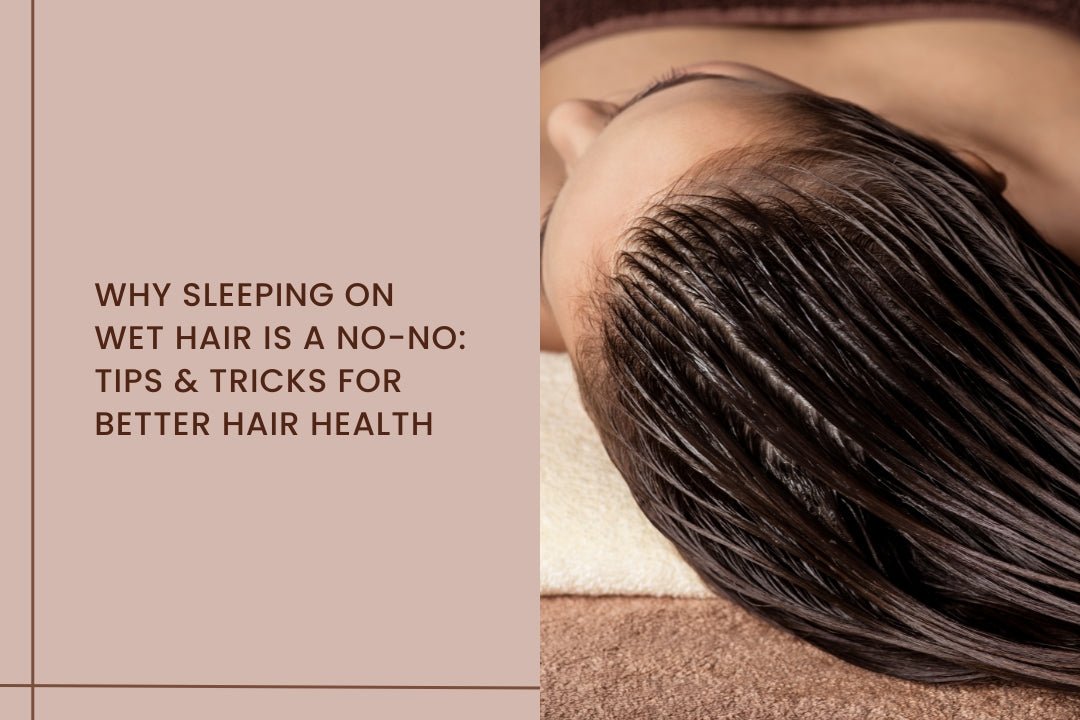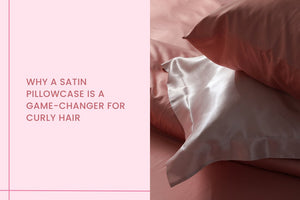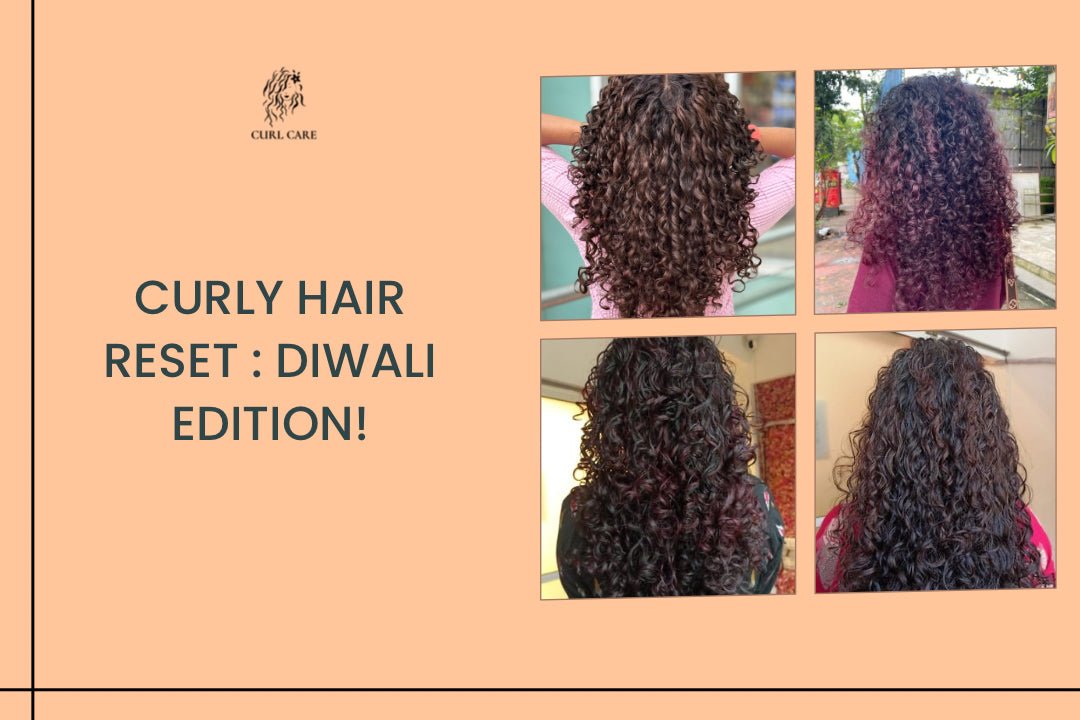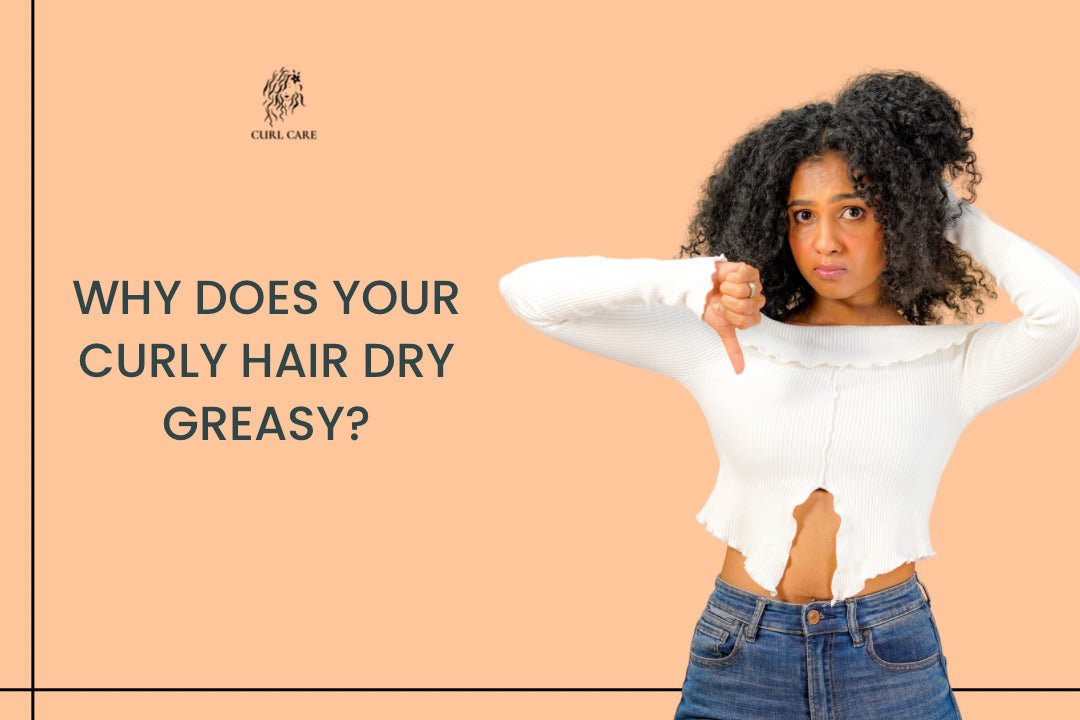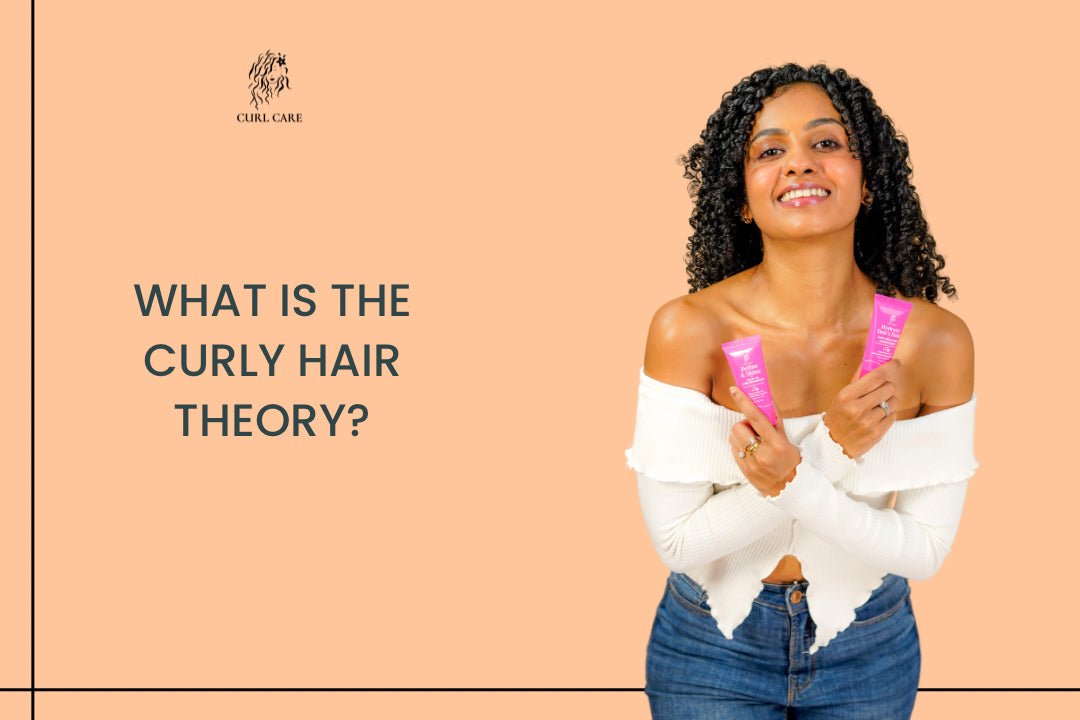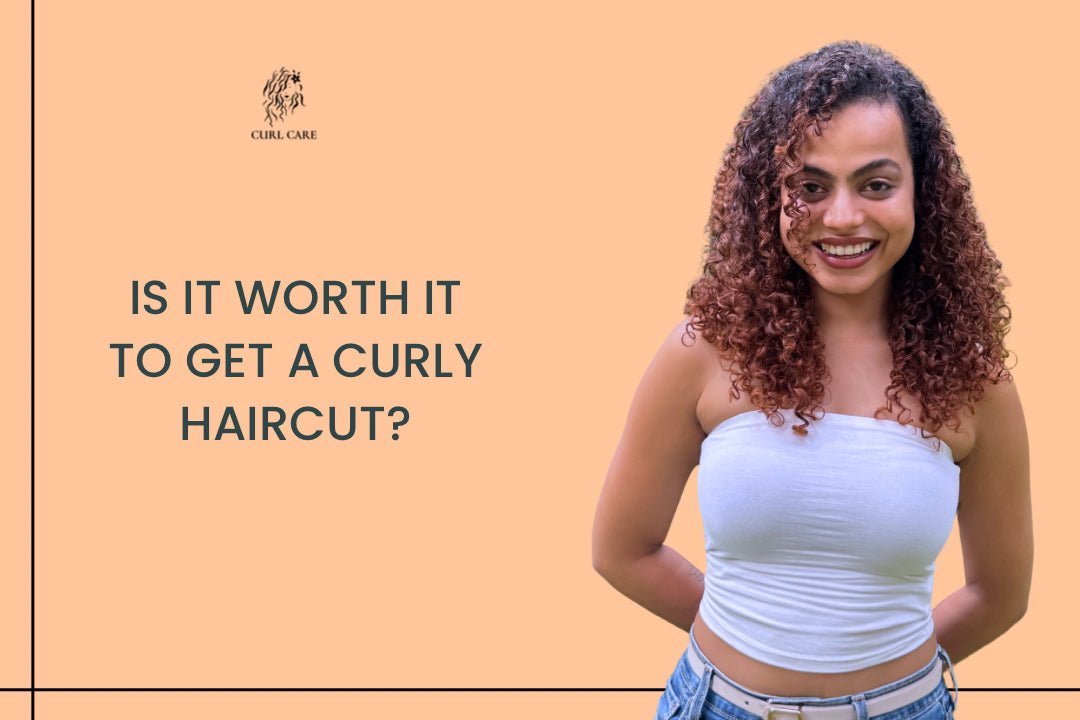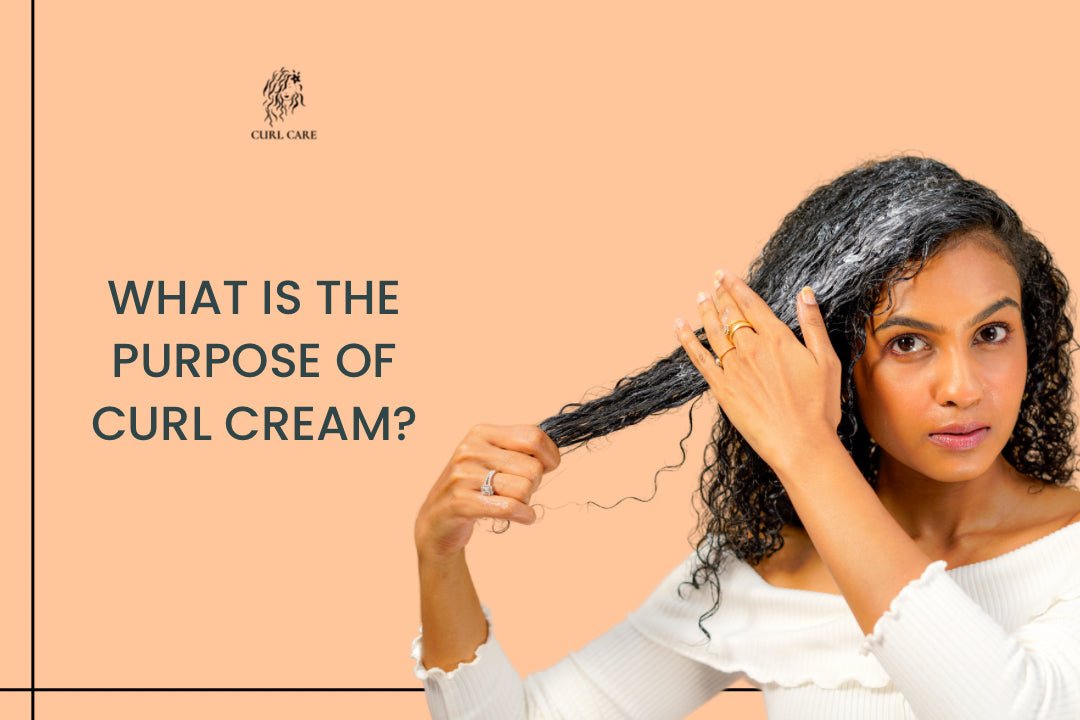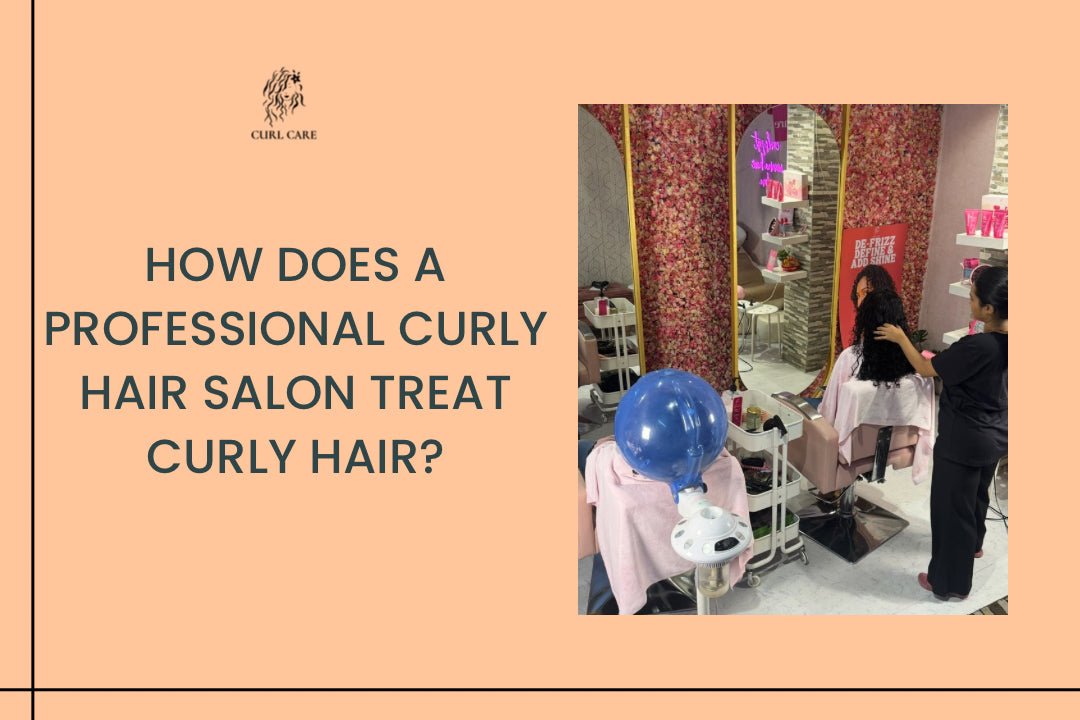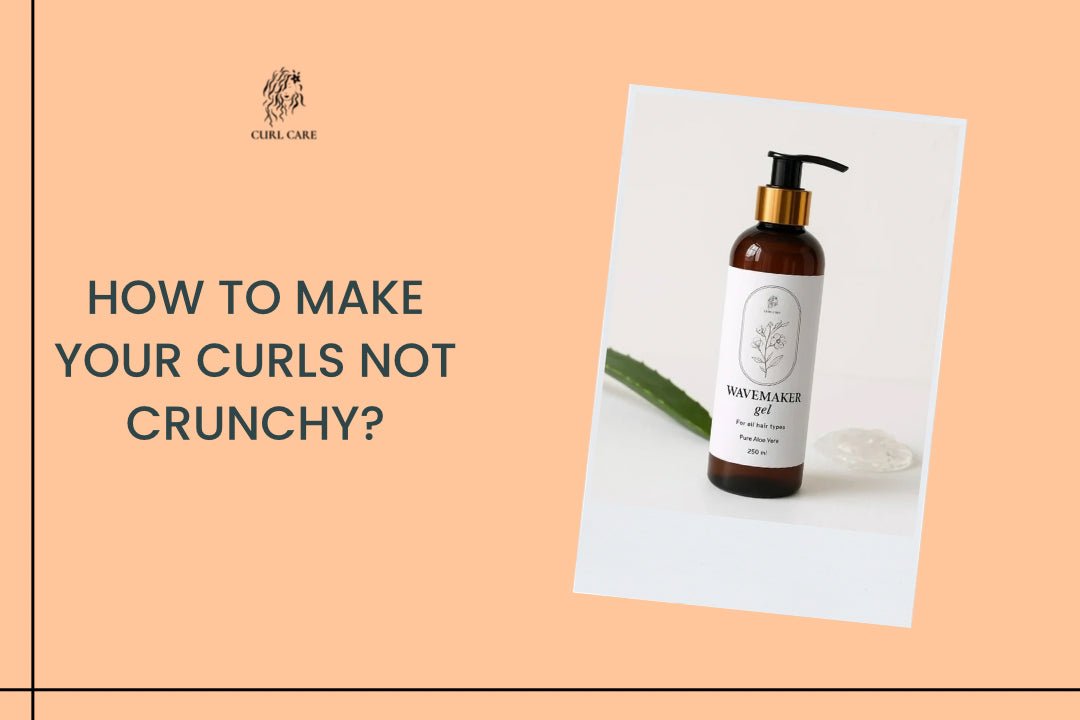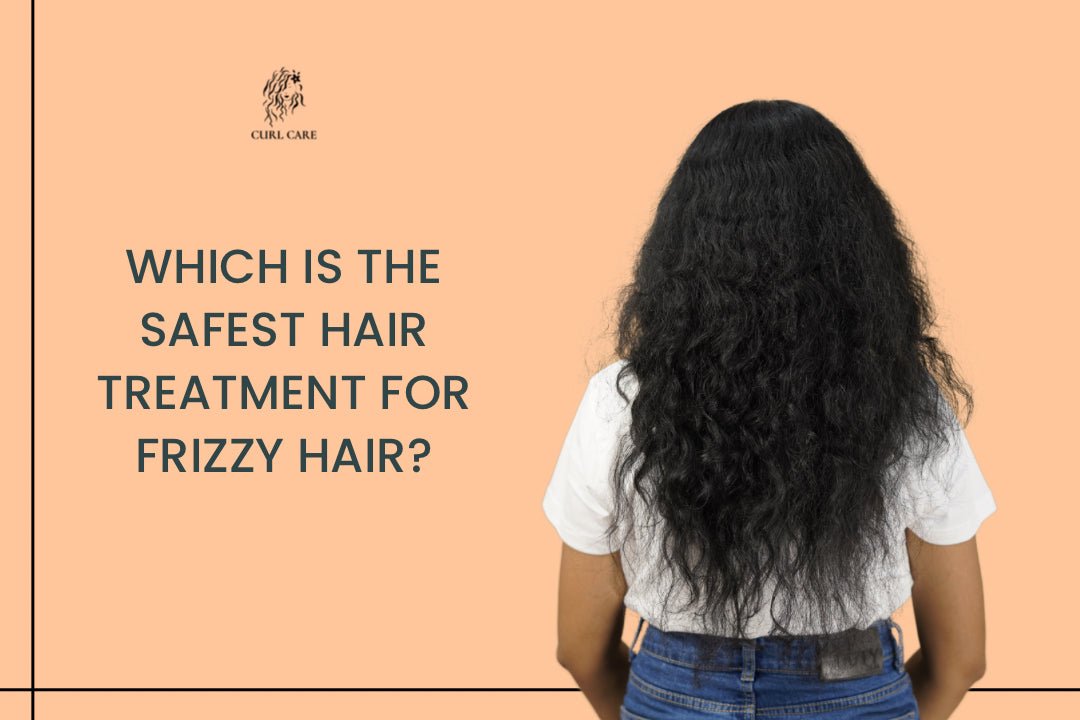Cart
0
We've all been there - you come out of the shower late at night and just don't have the energy to blow dry your hair. So, you plop down on your pillow and let your wet hair air dry while you catch some zzz's. But did you know that your hair can expand up to 33% of its weight when it's wet? Yes, you read that right. And wait, there's more! If your hair is damaged or very porous, it can even absorb more than 50% of its weight in water. It's like a sponge, but for your head.
You might wonder how all of this happens. Well, all hair is porous to some degree, just like your skin. So, when you apply water to your hair, it enters the hair shaft and causes it to swell, and this leads to the cuticle expanding as well. If you leave your hair wet for a long time, it can cause stresses in the hair shaft, leading to split ends.
But don't worry, there are ways to avoid this hair catastrophe. Read on to discover some tips and tricks on how to keep your hair healthy and happy, even when it's wet. Remember, healthy hair equals happy you!
The Science Behind Wet Hair
We all know that water and electricity don't mix, but what about water and hair? When your hair is wet, it's in a vulnerable state - the hair cuticle is open, and the hair is more elastic and prone to stretching. This means that when you toss and turn in your sleep, your wet hair can easily become tangled, knotted, and even break. Additionally, the moisture from your hair can seep into your pillow, creating a damp and potentially moldy environment.
We all know that water and electricity don't mix, but what about water and hair? When your hair is wet, it's in a vulnerable state - the hair cuticle is open, and the hair is more elastic and prone to stretching. This means that when you toss and turn in your sleep, your wet hair can easily become tangled, knotted, and even break. Additionally, the moisture from your hair can seep into your pillow, creating a damp and potentially moldy environment.
Common Misconceptions About Sleeping on Wet Hair
Before we dive into why sleeping on wet hair is a no-no, let's address some common misconceptions about it. First and foremost, some people believe that sleeping on wet hair can help create natural, beachy waves. While this may be true for some hair types, it's not worth the damage it can cause to your hair. Others believe that sleeping on wet hair can actually help moisturize it. While it's true that moisture is important for hair health, it's best to moisturize your hair before bed and let it fully dry before sleeping.
Tips and Tricks for Better Hair Health
Now that we've established that sleeping on wet hair is not ideal, let's talk about some tips and tricks for better hair health. First and foremost, try to avoid going to bed with wet hair. If you absolutely must, use a microfiber towel or an old t-shirt to gently dry your hair before you lay down. Additionally, invest in a high-quality hair dryer with a diffuser attachment to dry your hair quickly and evenly. If you're short on time, try blow-drying your hair for a few minutes before bed to remove excess moisture.
Before we dive into why sleeping on wet hair is a no-no, let's address some common misconceptions about it. First and foremost, some people believe that sleeping on wet hair can help create natural, beachy waves. While this may be true for some hair types, it's not worth the damage it can cause to your hair. Others believe that sleeping on wet hair can actually help moisturize it. While it's true that moisture is important for hair health, it's best to moisturize your hair before bed and let it fully dry before sleeping.
Tips and Tricks for Better Hair Health
Now that we've established that sleeping on wet hair is not ideal, let's talk about some tips and tricks for better hair health. First and foremost, try to avoid going to bed with wet hair. If you absolutely must, use a microfiber towel or an old t-shirt to gently dry your hair before you lay down. Additionally, invest in a high-quality hair dryer with a diffuser attachment to dry your hair quickly and evenly. If you're short on time, try blow-drying your hair for a few minutes before bed to remove excess moisture.
Another tip is to sleep on a satin pillowcase. As we discussed in our previous blog post, satin pillowcases reduce hair friction and help prevent breakage, which is especially important when your hair is in a vulnerable state. Additionally, satin pillowcases won't absorb the natural oils from your hair like cotton pillowcases do, leaving you with luscious locks.
Lastly, make sure to use a leave-in conditioner or hair oil before bed to help moisturize your hair. This will help prevent breakage and ensure that your hair stays healthy and strong. It's important to note that different hair types require different products, so do your research and find the right product for your hair.
We can all relate to those hair mishaps that make us cringe with regret. From mistakenly using the wrong hair product to forgetting a hair tie at the gym, we've been there. But there's one hair mistake that you should avoid at all costs - sleeping with wet hair. I know this all too well from personal experience. One time, I made the mistake of sleeping with wet hair and woke up with a pounding headache, worsened by my pre-existing sinus problems, and with flat hair at the back of my head. So, if you're prone to catching colds or the flu, I highly recommend avoiding the temptation to sleep on wet hair. Trust me, your hair (and health) will thank you.
While it may be tempting to hit the hay with damp hair, it's best to avoid it altogether. Sleeping on wet hair can cause damage and lead to a host of hair woes, from breakage and frizz to scalp irritation and fungal growth. Instead, try to plan ahead and wash your hair earlier in the day, or use a hair dryer or diffuser to dry your hair before bed. You can also try using a satin pillowcase to reduce friction and maintain your hairstyle while you sleep. By taking a few simple steps to care for your hair, you can achieve better hair health and wake up with gorgeous, healthy locks. So, go ahead and make the switch to dry hair before bed – your hair will thank you for it!


